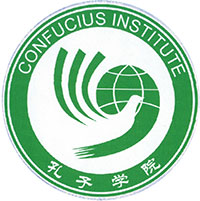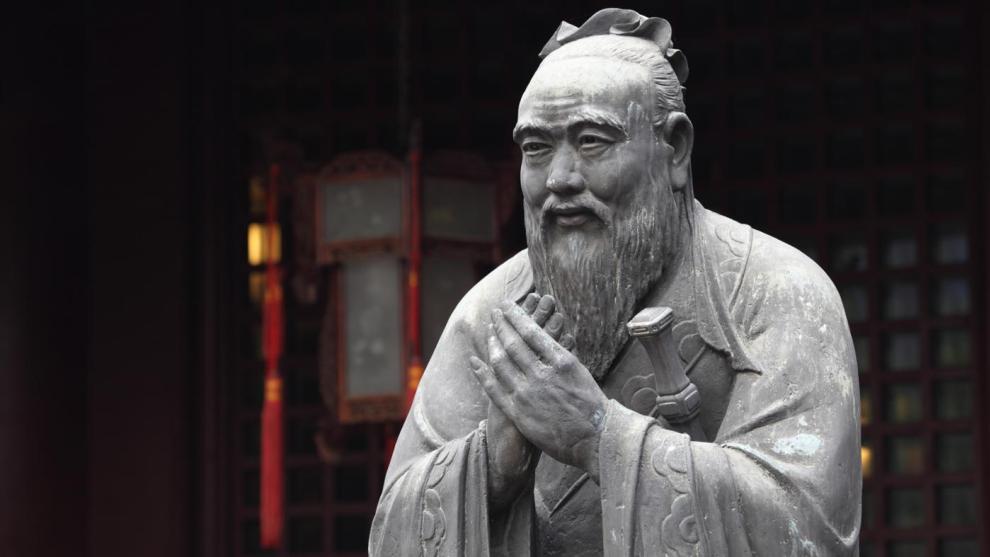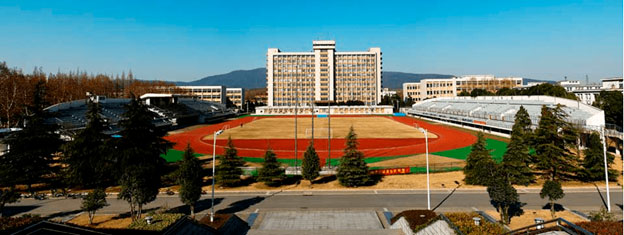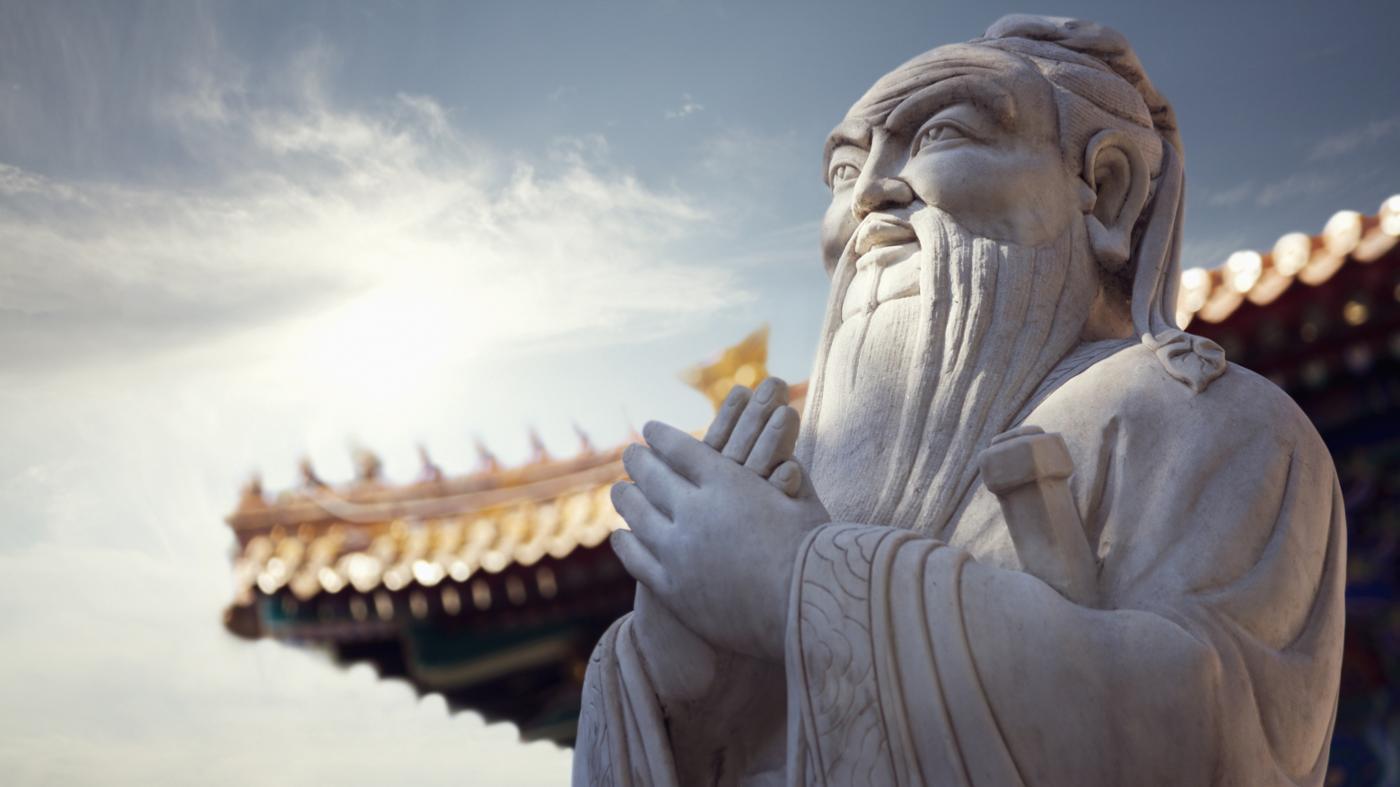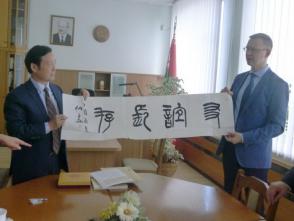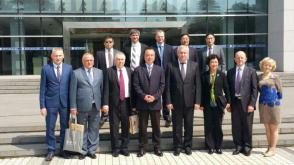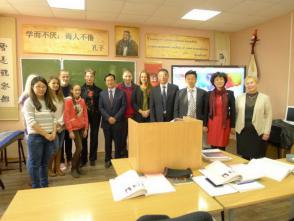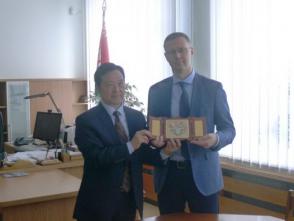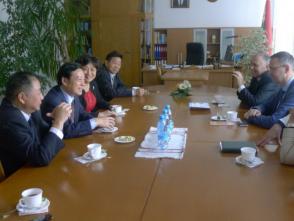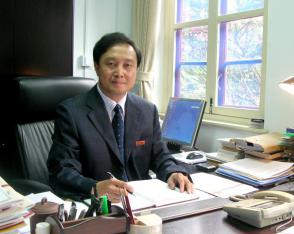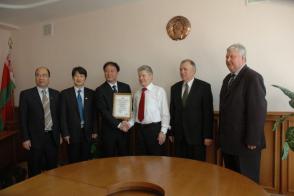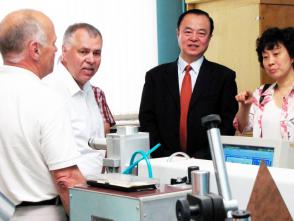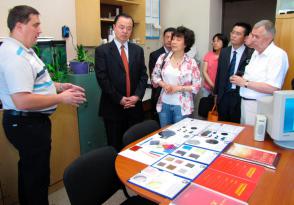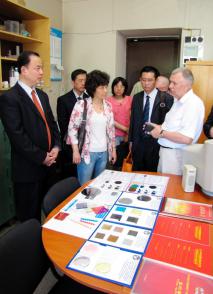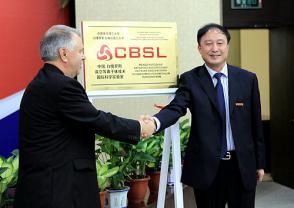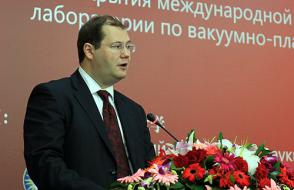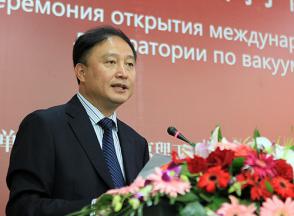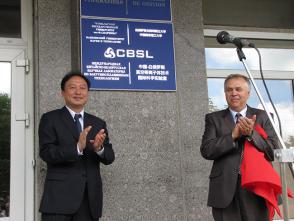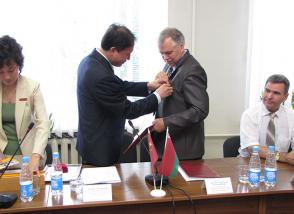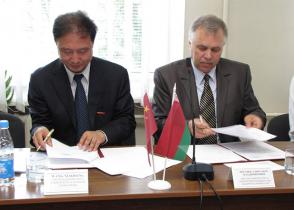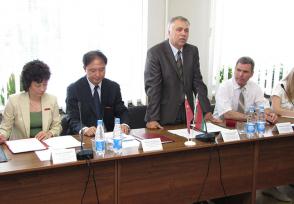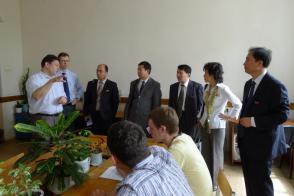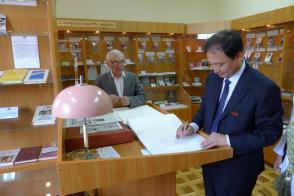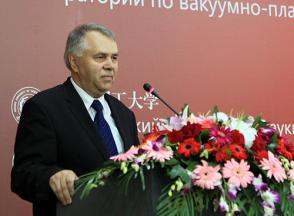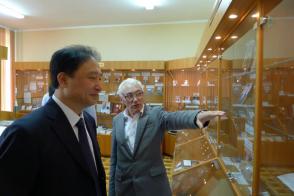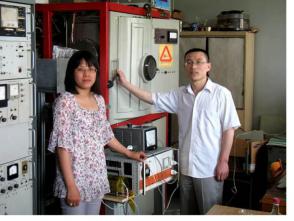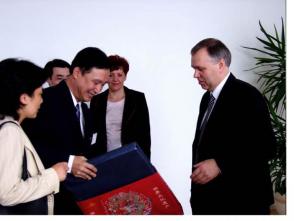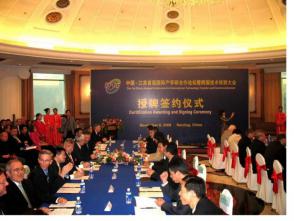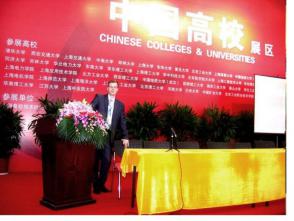For many years Francisk Skorina Gomel State University and scientific and research institutions of China have been successfully maintaining bilateral cooperation within the framework of scientific cooperation based on the cross sectoral agreements in the sphere of education. 23cooperation agreements with Chinese higher education institutions have been signed and maintained during these years.
Francisk Skorina Gomel State University established close ties with Nanjing University of Science and Technologies, the largest science-oriented university located in Jiangsu Province in the east suburban area of Nanjing, China.
Former rector of Chinese University Wang Xiao Feng has been elected Doctor Honoris Causa of Gomel State University. Professor Alexander Rogachev, Corresponding member of National Academy of Science of Belarus, Rector of Gomel State University has been given the title of Doctor Honoris Causa of Nanjing University of Science and Technologies.
Conditions and perspectives of joint work are considered at the meetings of Intergovernmental Belarusian-Chinese commission on cooperation in the sector of science and technologies.
The Universities established a system of research and technical delegations’ exchange and staff assignment in order to provide joint research and development activities, scientific conferences and internship. Within the frame of our partnership the Universities maintain a bilateral experience exchange and the results obtained are published in the joint research editions.
Francisk Skorina Gomel State University and Nanjing University of Science and Technologies organize collaborative scientific and research conferences and meetings, where the specialists from both countries can share their experience and plan the directions of their prospective cooperation.
Research associates of both Universities carry out collaborate investigations and develop new technologies of polymer and carbon coatings formation and fulfill mutually beneficial exchange of scientific and technical information, apply scientific equipment of the common use center and perform collaborative experiments on development of new perspective materials.
More than 10 scientific papers were published as a result of team-work with Chinese partners in priority scientific and technical magazines of Europe, the USA and China. In accordance with the results estimated a number of recommendations were offered in order to improve the formation and regulation methods of multicomponent carbon and polymer coatings and the directions of their effective application were defined.
Concerned efforts and effective application of joint scientific innovative basis and fruitful academic and technical cooperation of Gomel State University and Nanjing University of Science and Technologies was followed by a line of negotiations and further execution of Agreement for establishment of International Chinese-Belarusian research laboratory on vacuum-plasma technologies that can be considered as a guarantee of mutually beneficial prospective successful scientific cooperation.
Sinology classroom was established at GSU Faculty of Philology with the assistance of the Embassy of People’s Republic of China at 2006. Chinese language teaching as an optional subject was based at Gomel State University Sinology classroom. It has been performed by volunteer lecturers from China since 2007: they are responsible for not only academic work but also for educational process.

